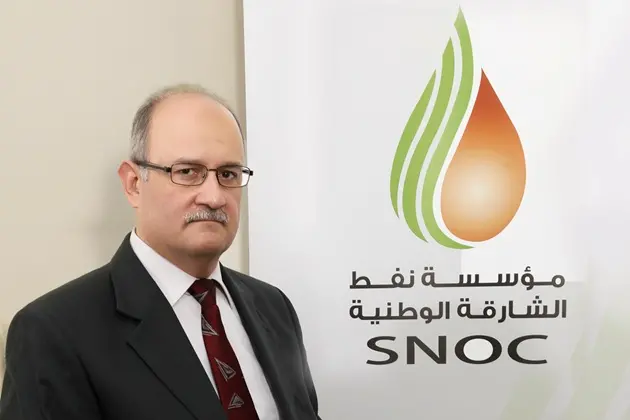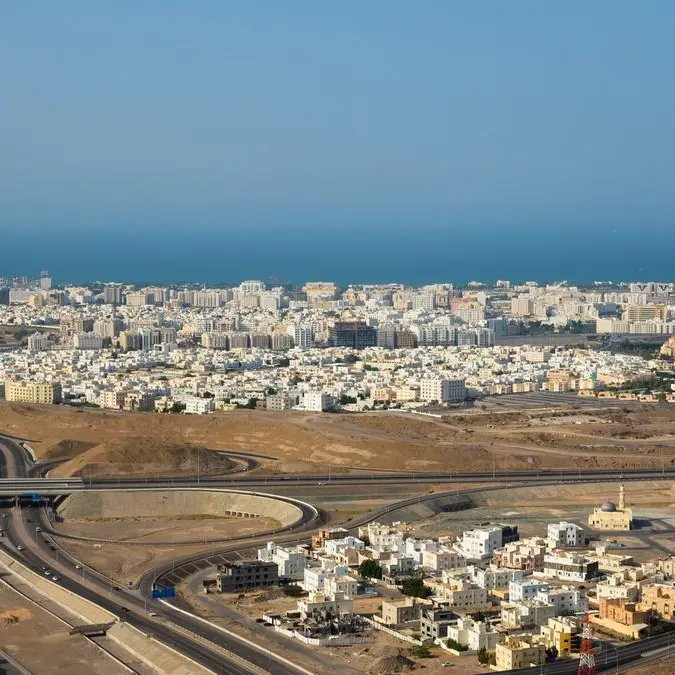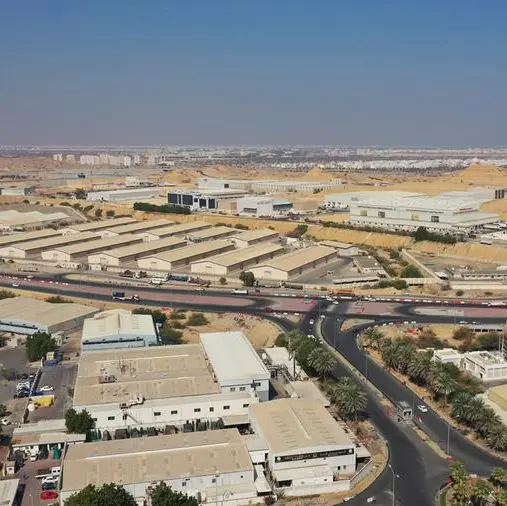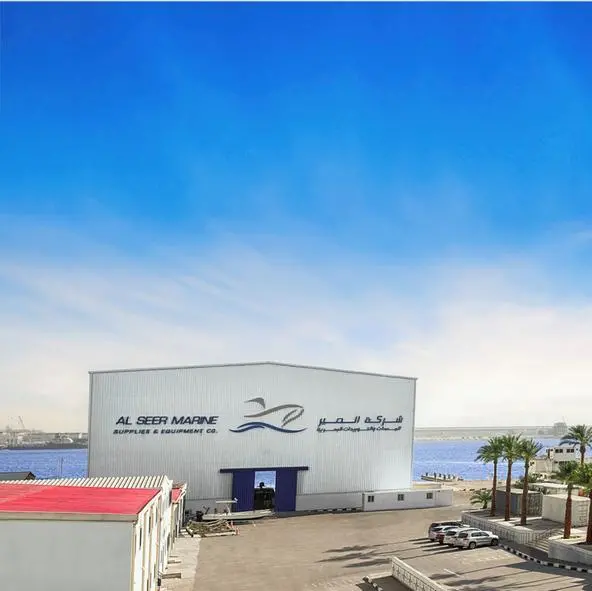PHOTO
Sharjah National Oil Corporation (SNOC), the flagship energy company of the Sharjah emirate in the UAE, is eyeing green hydrogen production as a pathway to achieving its net zero ambitions.
The state-owned company announced its ambitious target of Net Zero by 2032 covering scope 1 and 2 emissions in January this year.
“We expect eventually to become a green hydrogen producer,” said Hatem Al-Mosa, Chief Executive Officer, SNOC.
He told Zawya Projects at COP28 in Dubai that the company is funding research on energy storage and electrodes for producing green hydrogen at the American University of Sharjah and the University of Sharjah.
He continued: “Today, the technology is not there yet, and neither are we. We wanted to start early with the research so that when the time comes, and I expect it to happen in the next five years, we will be ready to move in.”
Other emission mitigation pathways that SNOC is currently working on include solar power, carbon sequestration, and electrification.
Al-Mosa said: “These are what we have identified today. Between now and 2032, we will be doing many other things, including potentially producing blue hydrogen and expanding our solar capacity to produce green hydrogen. We are working in multi-faceted ways to create more options for ourselves and the industry.”
GHG emissions performance
SNOC’s Greenhouse Gas (GHG) Emissions Performance Reports for 2021 and 2022 form the basis for its Net Zero ambitions with 2021 serving as the baseline.
At COP28, SNOC was one of the 30 national oil companies that signed up for the Oil and Gas Decarbonisation Charter (OGDC), which commits its signatories to net-zero operations by 2050, ending routine flaring by 2030 and near-zero upstream methane emissions.
According to the SNOC executive, the company ticks key OGDC commitment boxes with its early 2032 Net Zero target, a GHG emissions measurement and accounting system established in 1999, a methane emission abatement programme in place since 2000, and a zero-operational-flare policy instituted in 2003.
“As a smaller producer, our emissions are high per unit production but that’s not stopping us,” he said.
Al-Mosa pointed out that one of the first steps taken by the company towards decarbonisation was awarding the contract for a 60MWp solar PV power plant, Sharjah’s largest, at its Sajaa gas processing facility. Emerge, a joint venture between Masdar and EDF was awarded the project on a BOOT (Build-Own-Operate-Transfer) basis for 25 years.
The SNOC CEO said: “We expect to start the solar plant within 12 to 15 months. Its capacity is significantly more than our power demand, so the excess is essentially credit that we will use to abate other emissions.”
Over the years, the company converted 15 percent of the power consumption at its liquefied petroleum gas (LPG) and condensate export terminals into solar power.
SNOC has also initiated studies to electrify its gas-powered equipment.
“We are looking at some of the gas-consuming units [fuel gas-driven compressors] within the plant and see if we can convert those to run on renewable energy,” he said.
Building a CCS business
As part of its Net Zero plan, SNOC is also considering a carbon capture and storage (CCS) hub project, which will capture CO2 from emitters in Sharjah and other emirates, transport and store the CO2 in an onshore mature gas field it owns in order provide CCS as a service and/or generate and trade carbon credits. SNOC has estimated that up to 30 percent of CO2 emissions in the UAE are within 100km of its facilities.
Al-Mosa said the company has agreements with SLB for downhole reservoir studies and with Sumitomo for a joint feasibility study covering carbon capture technologies and business models.
Earlier, at a presentation at COP28, SNOC disclosed that the technical and commercial feasibility evaluation of permanent storage of CO2 in its depleted gas fields was at an advanced stage.
Al-Mosa admitted that the journey and pathways to Net Zero by 2032 aren’t without challenges.
“The world today is not ready for green hydrogen, while blue hydrogen is more expensive than gas. Carbon capture is still expensive, and carbon storage adds more cost to the value chain.”
He also underlined that buy-in from society and strong government support are essential if sustainability is to become mainstream.
“When greener options are more expensive than the conventional, it is difficult to convince people to pay more to become green. Governments must also step in with regulations, legislation, subsidies and taxes.”
To implement its Net Zero initiatives, SNOC will look at internal resources, collaborations, joint ventures and public-private partnerships, Al-Mosa said, adding that future projects need to tick green checkboxes for emissions reduction and efficiency improvement for consideration.
“That will become part of the general process of every project we do, every decision we take,” he concluded.
(Reporting by Anoop Menon; Editing by Dennis Daniel)
(anoop.menon@lseg.com)
Subscribe to our Projects' PULSE newsletter that brings you trustworthy news, updates and insights on project activities, developments, and partnerships across sectors in the Middle East and Africa.





















